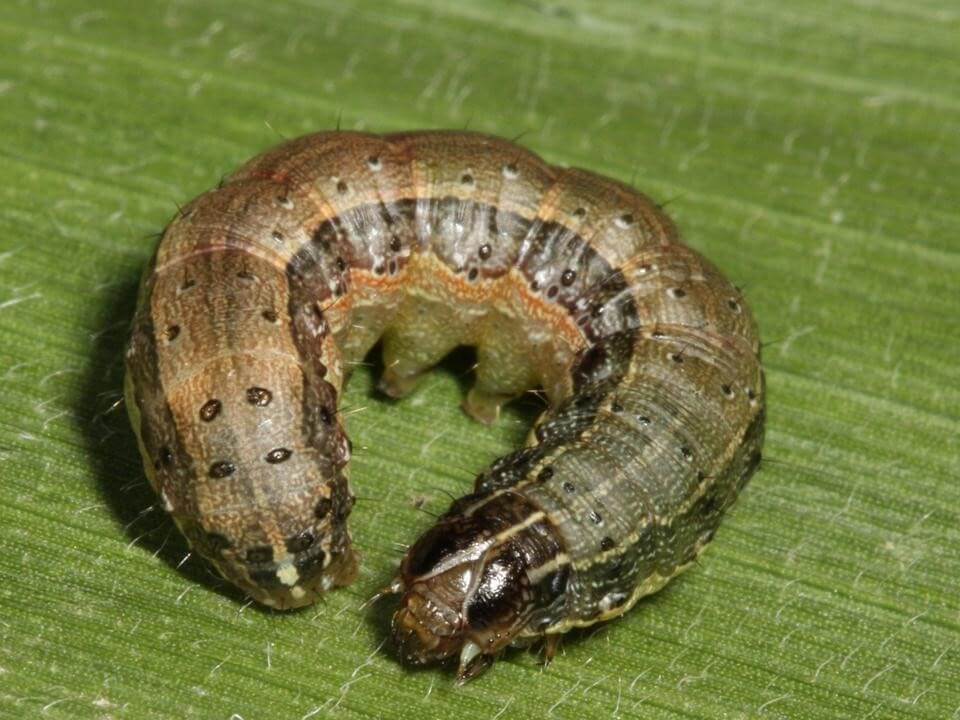An international project addressing invasive pests has received further funding to help implement monitoring tools for smallholders in India. For example, the fall armyworm, Spodoptera frugiperda, is known to cause significant damage to crops worldwide. The UK Government provided initial funding through the Foreign, Commonwealth & Development Office (FCDO)’s Science and Innovation Network in India to trial a new network-based monitoring solution. The project produced a novel pest sensor that effectively transmits data from the field to a farmer’s mobile phone.
The project is conducted by a consortium composed of Crop Health & Protection (CHAP), Knowmatics, Ystumtec, and CABI. The fall armyworm was first reported in sub-Saharan Africa’s cornfields in 2016, later spreading to India in 2018. It attacks maize, rice, sugarcane, beet, potato, cotton, and grassland. The project aims to establish datasets correlating sensor signals and pheromone trap morphology with known pest species presence.
The project’s founder, Derek Scuffell of Knowmatics, said that the project would use low-cost sensors and farmer-centered user research to build a more accessible user experience with a progressive web app usable by all farmers at risk from invasive alien species such as the fall armyworm. The project’s success would be subject to its efficacy and cost-effectiveness in transforming the hardware design and establishing robust datasets. Providing technical solutions is essential, but enabling networks of know-how and mutual support for appropriate solutions is also critical to the long-term adoption of the technology.
The sensor-based traps may be a game-changer in pest management and can help make minor pest monitoring a reality if the project is successful. The project will help develop an approach to keep essential stakeholders, such as policymakers, informed about new pest invasions. Regularly monitoring agricultural crop pests is a crucial strategy for boosting eco-friendly Integrated Pest Management (IPM). Helping farmers to monitor their fields remotely gives them more accurate and timely information about specific pests like the fall armyworm, which they can use to make improved pest management decisions.
Image provided by SANBI


